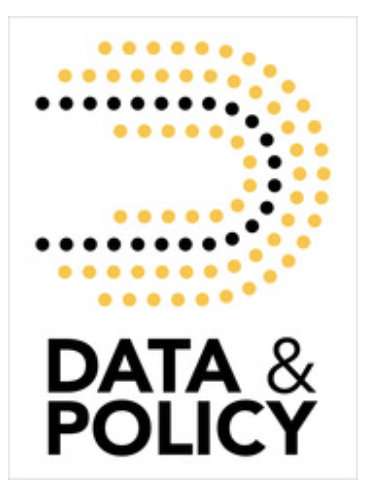Priyanka Pulla in Nature: “Carl Malamud is on a crusade to liberate information locked up behind paywalls — and his campaigns have scored many victories. He has spent decades publishing copyrighted legal documents, from building codes to court records, and then arguing that such texts represent public-domain law that ought to be available to any citizen online. Sometimes, he has won those arguments in court. Now, the 60-year-old American technologist is turning his sights on a new objective: freeing paywalled scientific literature. And he thinks he has a legal way to do it.
Over the past year, Malamud has — without asking publishers — teamed up with Indian researchers to build a gigantic store of text and images extracted from 73 million journal articles dating from 1847 up to the present day. The cache, which is still being created, will be kept on a 576-terabyte storage facility at Jawaharlal Nehru University (JNU) in New Delhi. “This is not every journal article ever written, but it’s a lot,” Malamud says. It’s comparable to the size of the core collection in the Web of Science database, for instance. Malamud and his JNU collaborator, bioinformatician Andrew Lynn, call their facility the JNU data depot.
No one will be allowed to read or download work from the repository, because that would breach publishers’ copyright. Instead, Malamud envisages, researchers could crawl over its text and data with computer software, scanning through the world’s scientific literature to pull out insights without actually reading the text.
The unprecedented project is generating much excitement because it could, for the first time, open up vast swathes of the paywalled literature for easy computerized analysis. Dozens of research groups already mine papers to build databases of genes and chemicals, map associations between proteins and diseases, and generate useful scientific hypotheses. But publishers control — and often limit — the speed and scope of such projects, which typically confine themselves to abstracts, not full text. Researchers in India, the United States and the United Kingdom are already making plans to use the JNU store instead. Malamud and Lynn have held workshops at Indian government laboratories and universities to explain the idea. “We bring in professors and explain what we are doing. They get all excited and they say, ‘Oh gosh, this is wonderful’,” says Malamud.
But the depot’s legal status isn’t yet clear. Malamud, who contacted several intellectual-property (IP) lawyers before starting work on the depot, hopes to avoid a lawsuit. “Our position is that what we are doing is perfectly legal,” he says. For the moment, he is proceeding with caution: the JNU data depot is air-gapped, meaning that no one can access it from the Internet. Users have to physically visit the facility, and only researchers who want to mine for non-commercial purposes are currently allowed in. Malamud says his team does plan to allow remote access in the future. “The hope is to do this slowly and deliberately. We are not throwing this open right away,” he says….(More)”.

